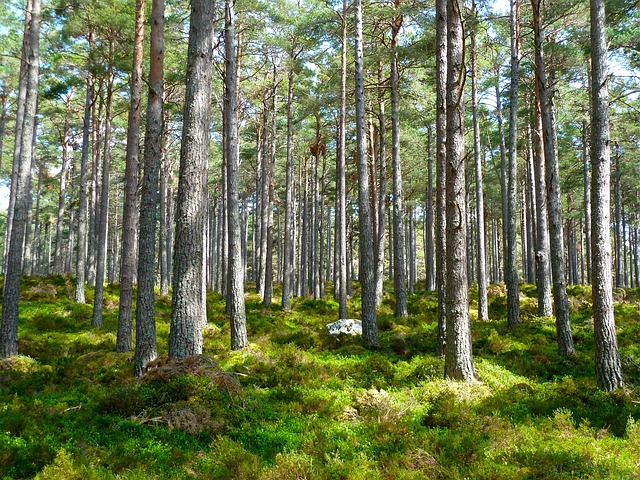Harnessing Nature’s Power: Eco-Friendly Gardening for a Greener Habitat
In a world where urban landscapes are continuously expanding, the importance of maintaining a connection with nature has never been more paramount. Ecology teaches us about the interconnectedness of living organisms and their environments, reminding us that even the smallest act can contribute to the health of our planet. By embracing eco-friendly gardening, we can create lush sanctuaries that nurture not only plants but also the environment we live in.
Imagine stepping into your garden, where vibrant flowers bloom in harmony with the buzzing of bees and the rustling of leaves in the breeze. This perfect scenario is achievable when we adopt eco-friendly gardening practices that prioritize sustainability and environmental responsibility. Gardening should not just be a hobby; it can be a powerful means to restore balance to our ecosystems.
Embrace Native Plants
When choosing plants for your garden, consider native species. These plants are adapted to the local environment, requiring less water and fewer resources to thrive. By planting native flora, you attract essential pollinators and help support local wildlife. A garden filled with native plants not only looks beautiful but also fosters biodiversity—creating a richer habitat for all creatures on your land.
Compost for Healthier Soil
Creating your own compost is one of the simplest yet most effective ways to enrich your garden while reducing waste. By recycling kitchen scraps and yard waste, you can develop nutrient-rich compost that improves soil health and promotes robust plant growth. The process is a beautiful illustration of nature’s cycle and serves as a gentle reminder of our role in supporting the ecological balance.
Water Wisely
Water is a precious resource, and how we use it can significantly affect our environment. Implementing rainwater collection systems or drip irrigation techniques can help conserve water while ensuring your garden remains lush and vibrant. Additionally, practicing mulching can reduce evaporation and keep the soil hydrated, nurturing your plants while being kind to our planet.
Encourage Wildlife
Gardening with a focus on ecology means creating a space that welcomes a variety of species. By incorporating birdhouses, insect hotels, and native shrubs, your garden can become a haven for wildlife. Observing these creatures brings joy and an understanding of nature’s intricate workings, reinforcing our connection to the larger ecosystem and helping us appreciate our role within it.
Reduce Chemical Usage
One of the most vital steps towards a greener habitat is reducing our reliance on chemical fertilizers and pesticides. These products can disrupt local ecosystems and harm beneficial insects. Instead, consider organic gardening methods that use natural fertilizers and pest control solutions. Your garden will not only be healthier but will also contribute positively to the surrounding ecology.
By harnessing nature’s power through eco-friendly gardening practices, we actively participate in the larger conversation of sustainability and environmental stewardship. As we cultivate our gardens, we cultivate a deeper understanding of the world around us, fostering a profound sense of responsibility towards our planet and the ecosystems we inhabit.
Let us embrace the beauty of ecology and inspire a greener habitat, one garden at a time. Change begins in our own backyards, and with every seed planted, we contribute to a healthier, more vibrant world.




